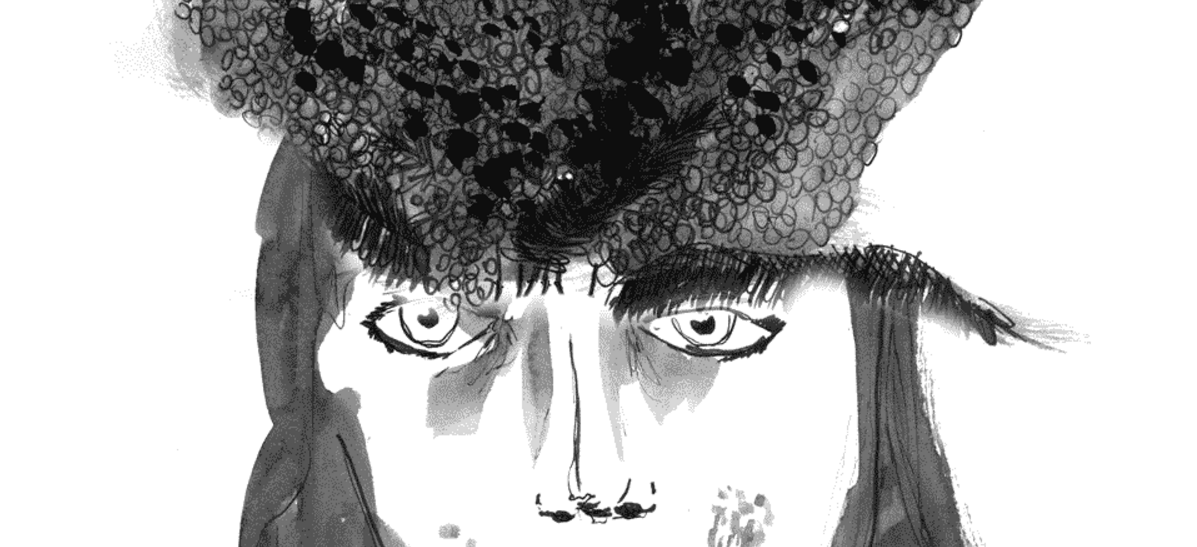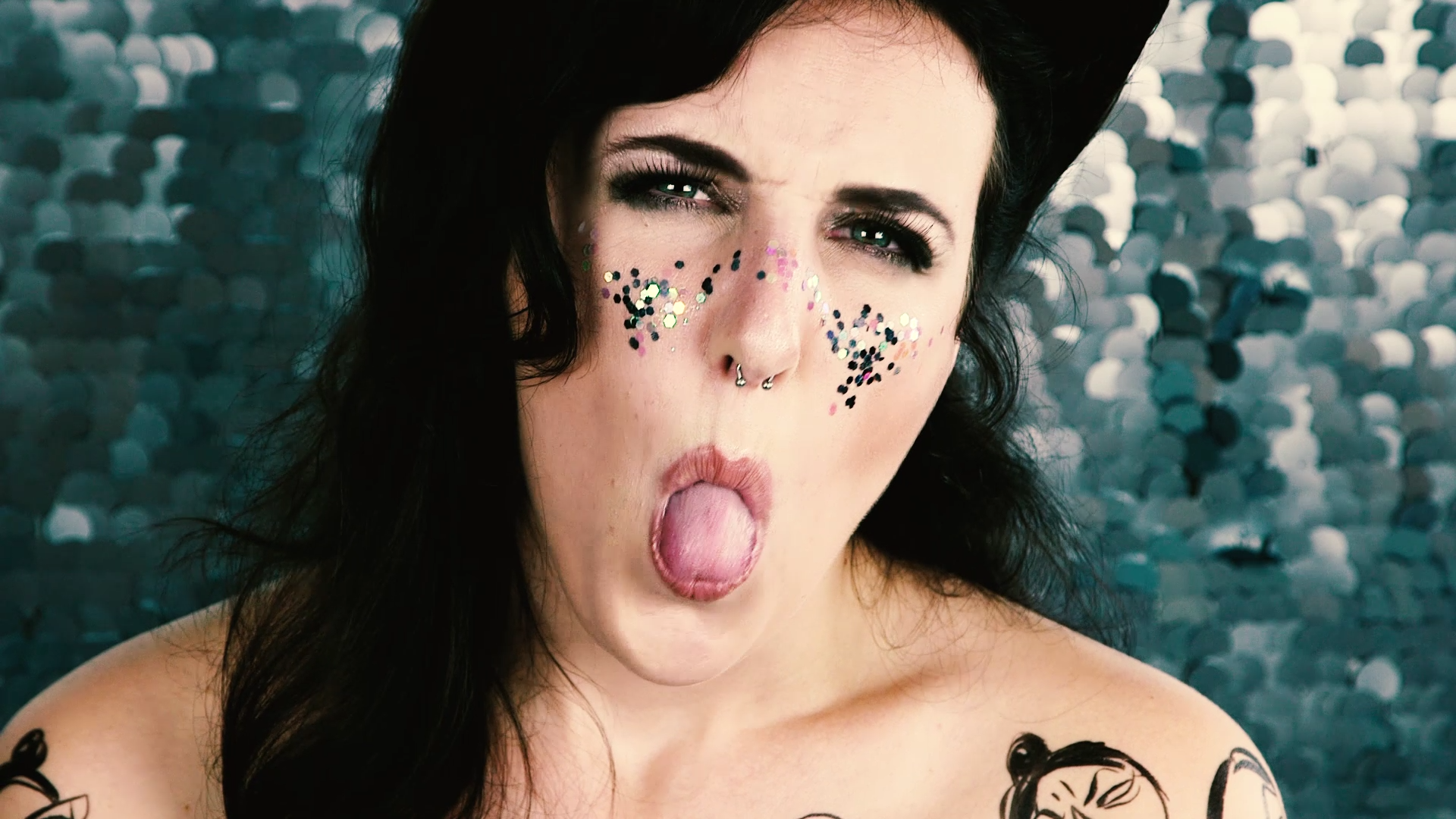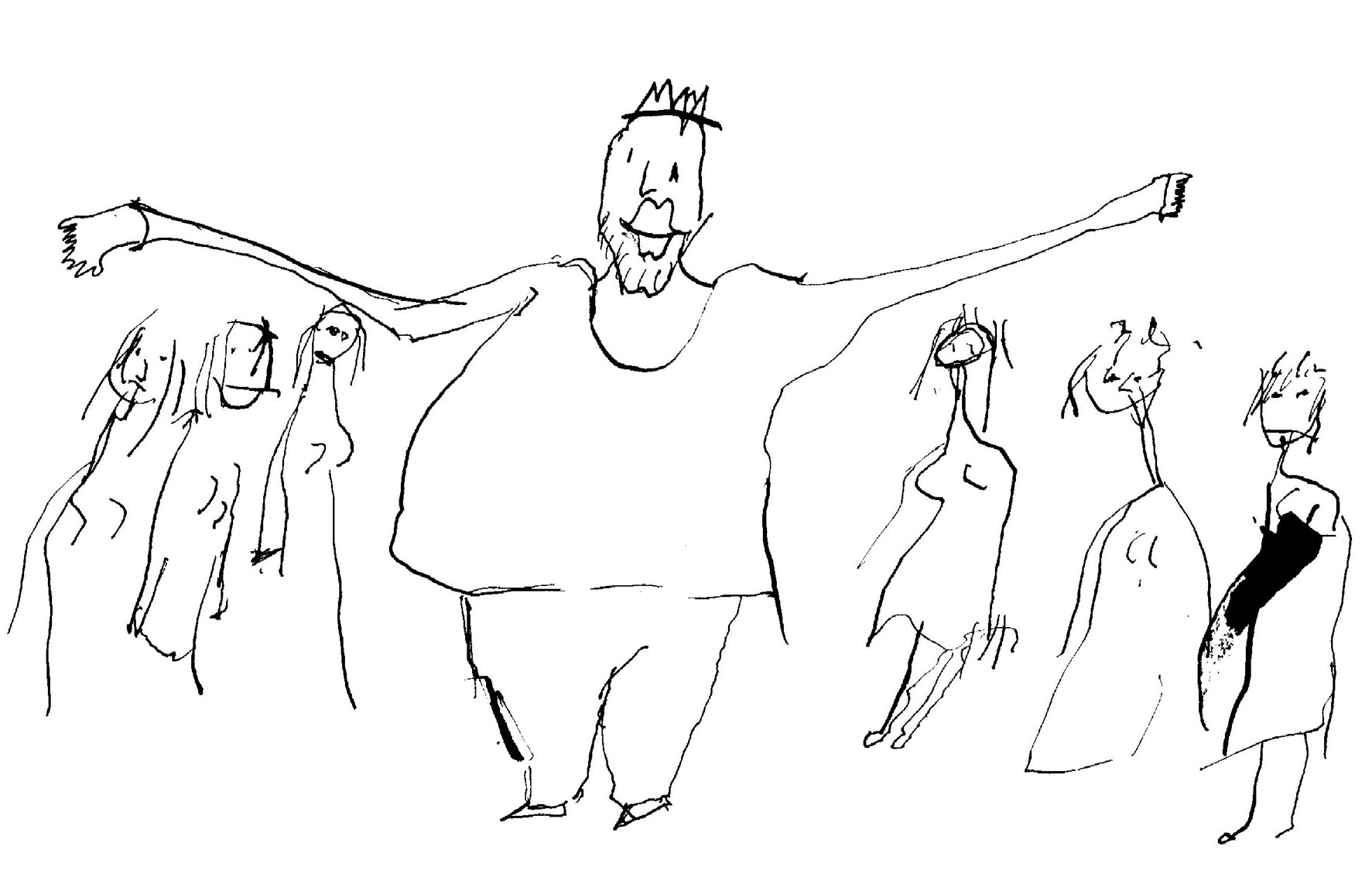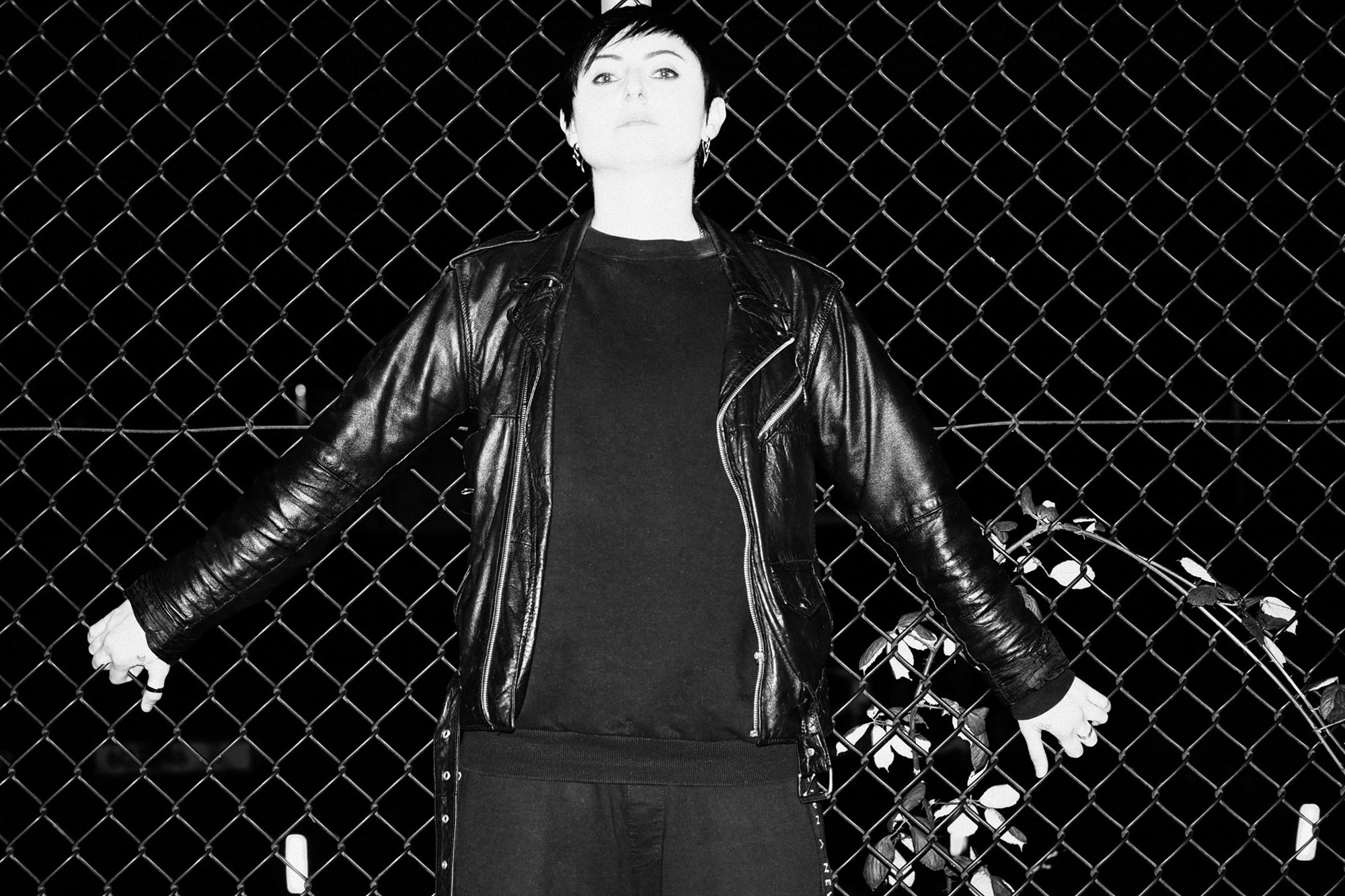Content Warning: This interview addresses gender-based violence and the military. It has been edited for clarity.
It’s never easy being the first. In 1990, Sandra Perron became Canada’s first female infantry officer, graduating at the top of her class in her infantry and parachutist courses. She rapidly moved up the ranks and was awarded an exceptional service commendation by the United Nations during her peacekeeping tours in the former Yugoslavia.
But to some of her peers, it did not matter that Perron was among the best. Being the best simply wasn’t good enough. You had to be a man to earn respect, or you could become a target.
Perron left the military in 1996 without filing any complaints. Nearly a year later, a Quebec newspaper published photos of Perron beaten and tied to a tree in the middle of winter. The photos were from several years prior, but the images were too shocking for the media to resist publishing. After years of resilience and silence, Perron became known publicly as a survivor of gender-based violence.
In 2017, twenty years after Perron became national news, she has published her memoir, Out Standing in the Field. It accounts abuse and sexual violence Perron experienced, while also sharing highlights from her career in the military. It is a testament to Perron’s own strength, and the support she received from peers and mentors.
Discorder Magazine talked to Perron about her memoir, and her ongoing dedication to an institution that arguably never deserved her forgiveness.
x
This is quite a revealing memoir. How does it feel to have all this information out there?
First of all, it was tough to write. It took me a year, and it was gut-wrenching to visit a time in my life when I had such great memories of some experiences and others that were still raw and painful. It was difficult to know that I would be sharing all of my deep darkest secrets with the world. And I knew that it would hurt the people who loved me and with whom I had not shared these secrets — my parents, my sisters, my best friends — that was very difficult.
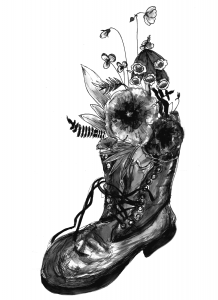 Why did you decide to revisit your experiences decades later, after you were done with the military?
Why did you decide to revisit your experiences decades later, after you were done with the military?
It took me that long to process everything, and to come to terms with the loss of my career. Over the years, I’ve seen a lot of women come forward with their stories and I’ve admired them for their courage to do so. When you come out with your story, you risk becoming an enemy of the organization that you’re still very loyal to and that you’ve served and loved for all those years, and that’s daunting. Sadly, it took me all this time to find my courage. It has been [over] 20 years since I left the forces, and I feel the military is ready and willing to listen. They’ve proven that. They’ve consulted with me, they showed up to my launch, they’ve really shown solidarity with me. When the Defence Minister agreed to come to my book launch, I said to him, “You don’t even know my story, you don’t even know what’s in this book. It’s not a pretty story.” And he said, “We’re not going to let you down a second time.” That blew me away.
You have stated that you found healing through the writing of this book, how?
Processing, going back and examining those experiences with the maturity of a 51-year-old; revisiting that time in my life with the hindsight and experience that I have today in a calm, safe, compassionate way. You don’t heal by just hiding and trying to forget things, you heal by dealing with them and talking about them and processing them in your mind.
You fought in some intense war-zones but you’ve said coming back home was actually tougher. What does that say about the challenges women face in the military?
When I came home from my second tour, I had such a wonderful experience with my own soldiers, that I didn’t want to leave them. Reality back in Canada meant that I was again working with [toxic] peers. I had to constantly fight for my [place] in the infantry, instead of fighting for my country. I had battle fatigue from doing that. It was tough. I was a seasoned combat officer by that time, so I had no more tolerance for petty discounting of my abilities and competencies.
What do you mean by “petty discounting?”
Just very simply, debates about how women should not be in combat arms. Men, mostly junior officers, were adamantly against women in combat, despite the fact that I had just returned from my second tour of duty in a theatre of operations, had commanded troops where my sections had survived three anti-tank mines, and some of these officers had never even been deployed. Some of them had just graduated training, young lieutenants, and they were telling me that women shouldn’t be in combat arms. I was a senior captain by then, and it was like, “Who are you to even dare to tell me that I can’t do this, and I’ve just been doing it … you’re just barely out of diapers!”
Can you explain how you are still loyal to the Canadian Forces?
There were days when I was so angry and frustrated, and resentful at the military. […] But that frustration only eats you up, and I learned very early on that I didn’t want to be the type of person who harbours hatred for the past. I needed to be moving towards something positive, passionate, engaging. That’s one of the reasons.
The second reason is, I know the men and women of the military and the sacrifices that they make to serve our country. They deserve my loyalty. They deserve my admiration. I’ve been there. I know.
The third reason is, the men were not all alike. Even though some discrimination was systemic, there were some amazing diversity champions that supported me, championed me, mentored me and defended me. They’re still part of the military, and there are many others who have stood up for women. I won’t discount that, I can’t forget that.
The widely circulated photo of you strapped to a tree shows considerable abuse. But in your memoir, you say that moment wasn’t actually the worst treatment you received. Can you elaborate?
Well, it was shocking. It was an incident that should never have happened the way it did and there were consequences, physically. But, when you look at the intention behind that event and compare it with all the hundreds of less sensational acts of rejection from my peers, it didn’t do as much damage. It was just physical. I had peers who tried to save me and that night I discovered the loyalty of my colleagues on the course. I discovered what I was made of, who I am and how badly I wanted to serve in the infantry.
Sadly, that photo was sensational, so that’s what people and the media wanted to see. Of course, I didn’t have photos of all the other hundreds of hurtful actions from other peers so it’s hard to explain. Sometimes, intent is more damaging than the actions posed.
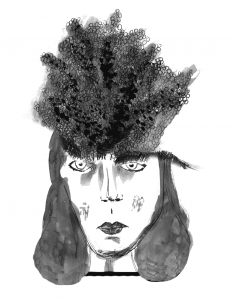 Do you worry that women reading about your experiences might be discouraged from joining the military?
Do you worry that women reading about your experiences might be discouraged from joining the military?
Of course, but I couldn’t think about that when I wrote the book. I couldn’t just say, “Well this is going to just scare women away, I better not do this.” Women need to know what they’re getting into. It will make them stronger, more resilient and better prepared.
What’s giving you hope about the future of Canadian Forces?
The military has changed. It has put in place some amazing programs to help survivors and victims of incidents of misconduct and harassment. They’re working very hard to change the culture of the Canadian Forces. And women are better allies to each other too. We are finding the strength to speak up, to support one another, to be true to ourselves.
Why is it important that we ensure women are on the frontlines, when we don’t necessarily want anyone fighting wars?
Obviously in an unrealistic world, in a utopic world, we wouldn’t have any wars. Nobody wants to go to war, or worse yet, have their kids go to war. That applies to men and women equally. But when you join the military, you accept the possibility of going to war as part of your commitment. War has evolved. War used to be two-dimensional: offense and defence. Now we have defence, we have diplomacy, and we have development. Women are more often than not the most victimized when it comes to conflict. So when we deploy to a country where women have been oppressed, violated, raped and abused, they are terrified of men. So what better way to connect with these women than having a mixed gender unit, to show them that we embody the change that we wish to see in these countries. These women in conflict zones can provide us with much needed intelligence, tactical information, but often they will not talk to men. Thus, female soldiers and officers have access to information that men cannot readily access.
What would you say to women who are interested in joining the military?
Do it! But I would also say “know what you’re getting yourself into. Be fit, go to a recruiting center, ask questions, get all the information. And then when you do join, find a mentor that will encourage you, that will help you progress through the ranks and through your career. And be a mentor yourself to the next generation of women who come through. That will make you stronger, and it will make the Forces stronger.”
x
To learn more about Sandra Perron and see photographs that accompany her memoir, visit sandraperron.com.


